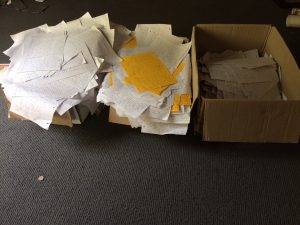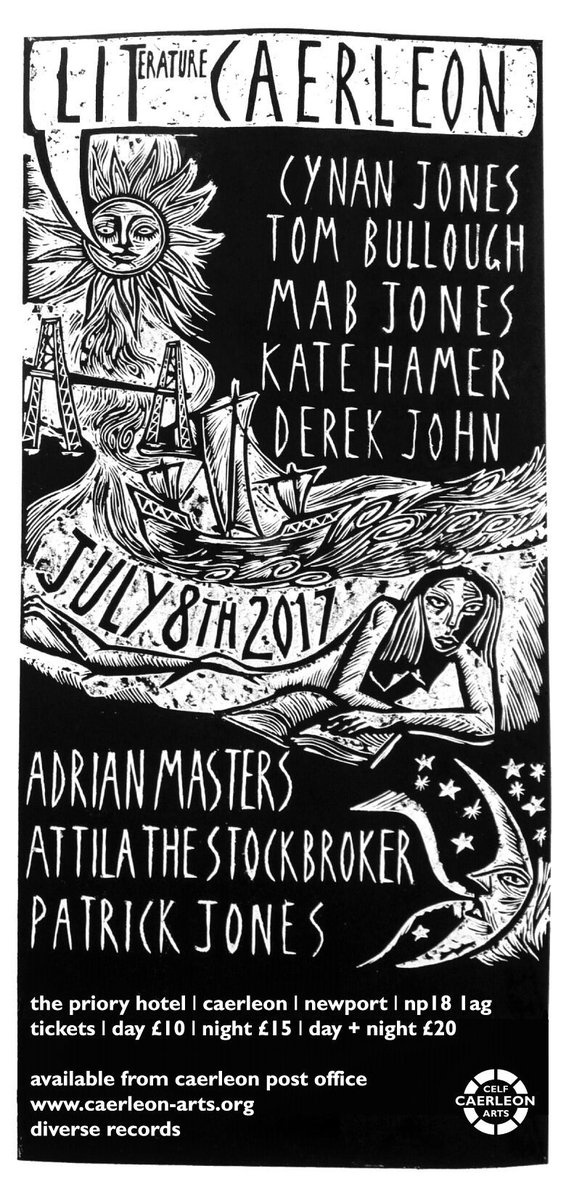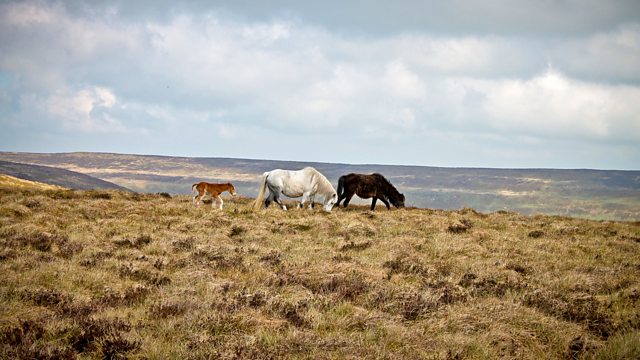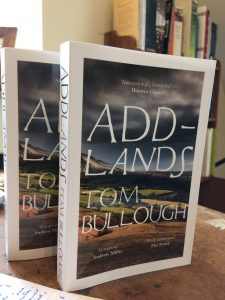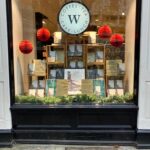The climate/ ecological crisis is a symptom, not a cause. I suppose I think my sort of writing is about the causes, in large part, so I figure I should include something about Extinction Rebellion, since it takes up much of the rest of my time:
Largely because of our use of fossil fuels, we are on course for catastrophe: mass starvation, mass displacement of people, inundation by sea level rise, conflict over food and water, and societal and economic collapse. We are currently experiencing a 1.1 degree rise in average temperatures above pre-industrial levels. Already, 75% of Arctic sea ice is gone. Coral reefs are disappearing. Floods, heatwaves, and wildfires have become routine. And, meanwhile, we are logging 80,000 acres of tropical rainforest daily. Animal and plant species are dying out at a rate up to 1,000 times the background average. We are living through the sixth mass extinction event.
Scientists have provided multiple warnings of our need to cease using fossil fuels. In 1992, some 1,700 leading scientists, including the majority of Nobel laureates in the sciences, issued a Warning to Humanity. Since 1990, CO2 emissions have risen by 60%.
Our governments have not acted. The Paris Agreement and the IPCC 5th Assessment Report both profess aims of preventing the global temperature from increasing to more than 1.5 degrees celsius above pre-industrial levels. Studies suggest that our chances of limiting heating to 2 degrees are now as low as 5%.
Because we are not acting to stop emissions; they are continuing to rise.
On current trends, we are likely to experience temperatures 3-5 degrees above pre-industrial levels by 2100. That’s a higher average global temperature than any human has known.
Food farmers all over the world, including in the UK, are already going out of business because of the unpredictability of weather patterns.
That’s climate breakdown. Already happening.
Studies suggest that, at 2 degrees, there is going to be mass starvation – of people everywhere, including us. They suggest, by 2100, we may see a rise in sea level in excess of 2 metres, which could lead to the mass flooding of coastal towns and cities and the displacement of hundreds of millions of people, including us.
But it could be much worse than that, because the effects of climate and ecological breakdown are exponential; they feed into each other, speeding each other up.
“The scientific evidence,” as David Attenborough has warned, “is that if we have not taken dramatic action within the next decade, we could face irreversible damage to the natural world and the collapse of our societies”. That means no food in the shops. No welfare payments from the Jobcentre. No salaries for publicly funded posts – teachers, social workers, policemen, third sector workers, refuse collectors… Not for a day or two, but permanently.
Unless we take action, wars over land and food will become unavoidable. And that’s before we start to talk about water shortages.
And still, we keep pumping out CO2 and the other greenhouse gases, because we’re locked into a system that is predicated on doing so, that can only be changed, on the scale and with the immediacy required – it’s an emergency – by government.
Is the UK government making announcements about carbon rationing? Is it cancelling road-building programmes? Is it cancelling the third runway at Heathrow (which will cause the emission of an additional 7.3 million tons of CO2 annually)?
Is it cancelling the mass prosecution of 1300 people who peacefully protested for 11 days in London in April out of desperate grief for all that we’ve lost, terror about the futures of their children and helplessness in the face of the absolute failure of all available democratic measures to bring about change?
The window of opportunity is tiny. We need you. Now. Please prioritise this fight above – or at least level with – everything else that you think is important. It is the fight of all of our lives. Every last one of you has something to offer.
The time is now. Later is too late.
